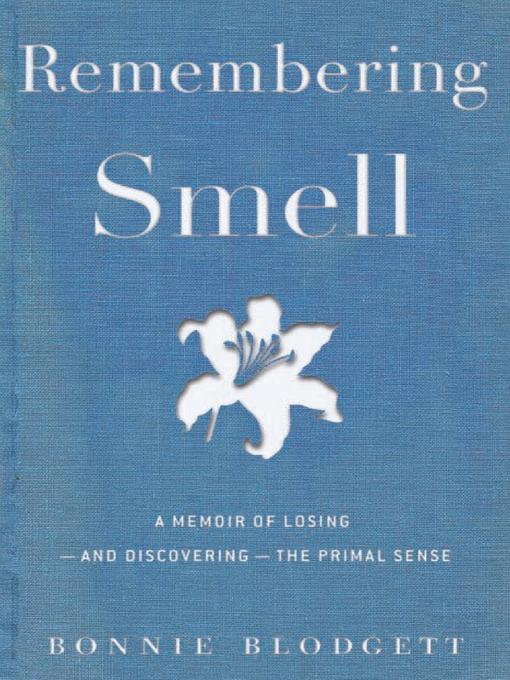In November 2005, Bonnie Blodgett was whacked with a nasty cold. After a quick shot of a popular nasal spray up each nostril, the back of her nose was on fire. With that, Blodgett—a professional garden writer devoted to the sensual pleasures of garden and kitchen—was launched on a journey through the senses, the psyche, and the sciences. Her olfactory nerve was destroyed, perhaps forever. She had lost her sense of smell.
Phantosmia—a constant stench of "every disgusting thing you can think of tossed into a blender and pureed"—is the first disorienting stage. It's the brain's attempt, as Blodgett vividly conveys, to compensate for loss by conjuring up a tortured facsimile. As the hallucinations fade and anosmia (no smell at all) moves in to take their place, Blodgett is beset by questions: Why are smell and mood hand-in-hand? How are smell disorders linked to other diseases? What is taste without flavor? Blodgett's provocative conversations with renowned geneticists, smell dysfunction experts, neurobiologists, chefs, and others ultimately lead to a life-altering understanding of smell, and to the most transformative lesson of all: the olfactory nerve, in ways unlike any other in the human body has the extraordinary power to heal.



